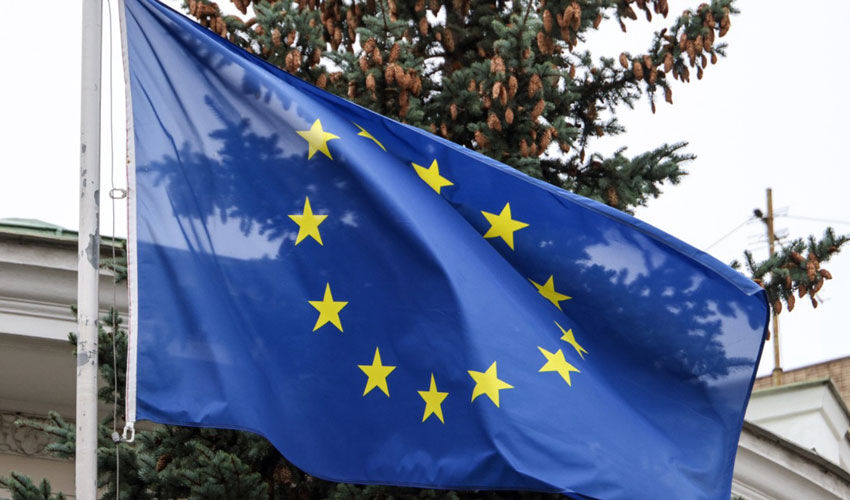
Brussels believes that the veto principle makes the bloc sluggish, Euronews notes in this regard. Euronews notes that while a group of influential countries and EU leaders support the idea of rejecting unanimity in decision-making, some (especially small) states fear the complete loss of “their voice” and the disregard of their interests in such an approach.
The importance of moving away from the “veto principle” was stated by European Commission head Ursula von der Leyen in her September 10 State of the Union keynote address. “I believe that we should move to voting by qualified majority in some areas, for example in foreign policy. It is time to free ourselves from the shackles of unanimity,” she said to applause from most of the MEPs in Strasbourg.
Current EU practice gives member states veto power over decisions on foreign and security policy, finance and taxes. If at least one country does not support a common decision, it cannot be adopted.
According to Euronews, Brussels believes this prevents the bloc from responding promptly and decisively to challenges, including in the security sphere. According to EU rules, the waiver of the veto is possible only with a unanimous decision of all states of the association. Von der Leyen believes that the reform will eliminate the possibility of blocking decisions by individual countries in the presence of broad support among the other members of the association. The situation with the approval of the new package of sanctions against Russia is cited as an example – the European Commission had to promise Hungary to unfreeze 550 million euros in order for it to lift its veto.
However, the rejection of the principle of unanimity also requires unanimity in making such a decision, European experts ironize. And they emphasize that the veto right is especially valued by small EU countries, which believe that it will allow their voice to be taken into account when “heavyweights” make decisions.
Germany and France are the most active in insisting on voting by qualified majority in the field of foreign policy and security. In 2023, Berlin even launched an initiative to create a “Group of Friends of qualified majority voting in the field of foreign policy and security”. It was supported by Belgium, Finland, France, Italy, Luxembourg, the Netherlands, Slovenia and Spain. But that was the end of it.
In this regard, experts note that many even in the highest echelons of the EU are afraid that the rejection of the principle of unanimity may bring more discord in the ranks of the member states. After all, the EU was originally created on the values of taking into account everyone’s opinion and agreement on all key issues. Therefore, refusing to take into account the opinion of even one country would create distrust and a sense of injustice.













